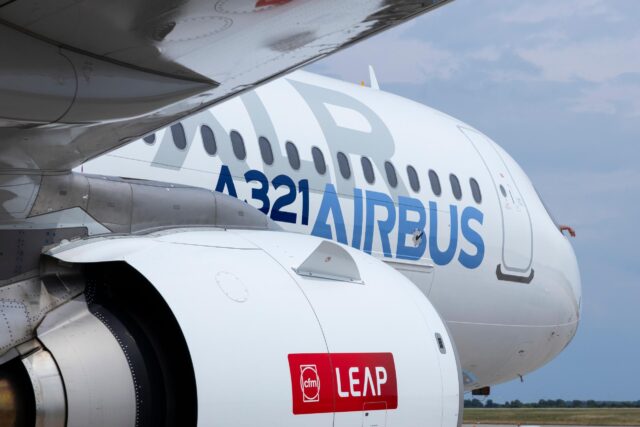IAG calls on UK govt to speed up SAF policy

April 3, 2025

International Airlines Group (IAG) is urging the UK government to accelerate its plans for a ‘revenue certainty mechanism’ (RCM) to support the production of Sustainable Aviation Fuel (SAF), warning that delays could jeopardise the country’s aviation decarbonisation goals.
“To give the private sector confidence to invest, the UK government is introducing a ‘revenue certainty mechanism’ for SAF. This is a way to guarantee future SAF prices that derisks investment – similar to the model already successfully used to build the UK’s offshore wind industry,” said Jonathon Counsell, IAG’s Group Sustainability Officer.
“Price certainty gives investors confidence, and signals to international partners that the UK is an attractive place to build low carbon technologies.”
While welcoming the initiative, he stressed the need for further cost modelling and careful policy design. “We believe a revenue certainty mechanism is the right instrument to incentivise efficiency, balance priorities and offer value for money, but the important part will be in the detailed design which IAG will continue to support,” Counsell added.
The SAF Mandate starts in 2025 at 2% of total UK jet fuel demand, increasing linearly to 10% in 2030 and then to 22% in 2040.
But IAG warns that significant investment is needed to meet this goal.
“Speed is a key factor. The Department for Transport is currently aiming to have the policy finalised by the end of 2026. Ideally, we want to move quicker as the UK government’s 10% SAF mandate for airlines will come into force in 2030,” Counsell said.
“To help meet this, we would need six or seven new SAF plants in the UK within the next five years. It’s a tight timescale and our suppliers need certainty, fast, if they are to start and finish construction on these advanced and complex facilities.”
















